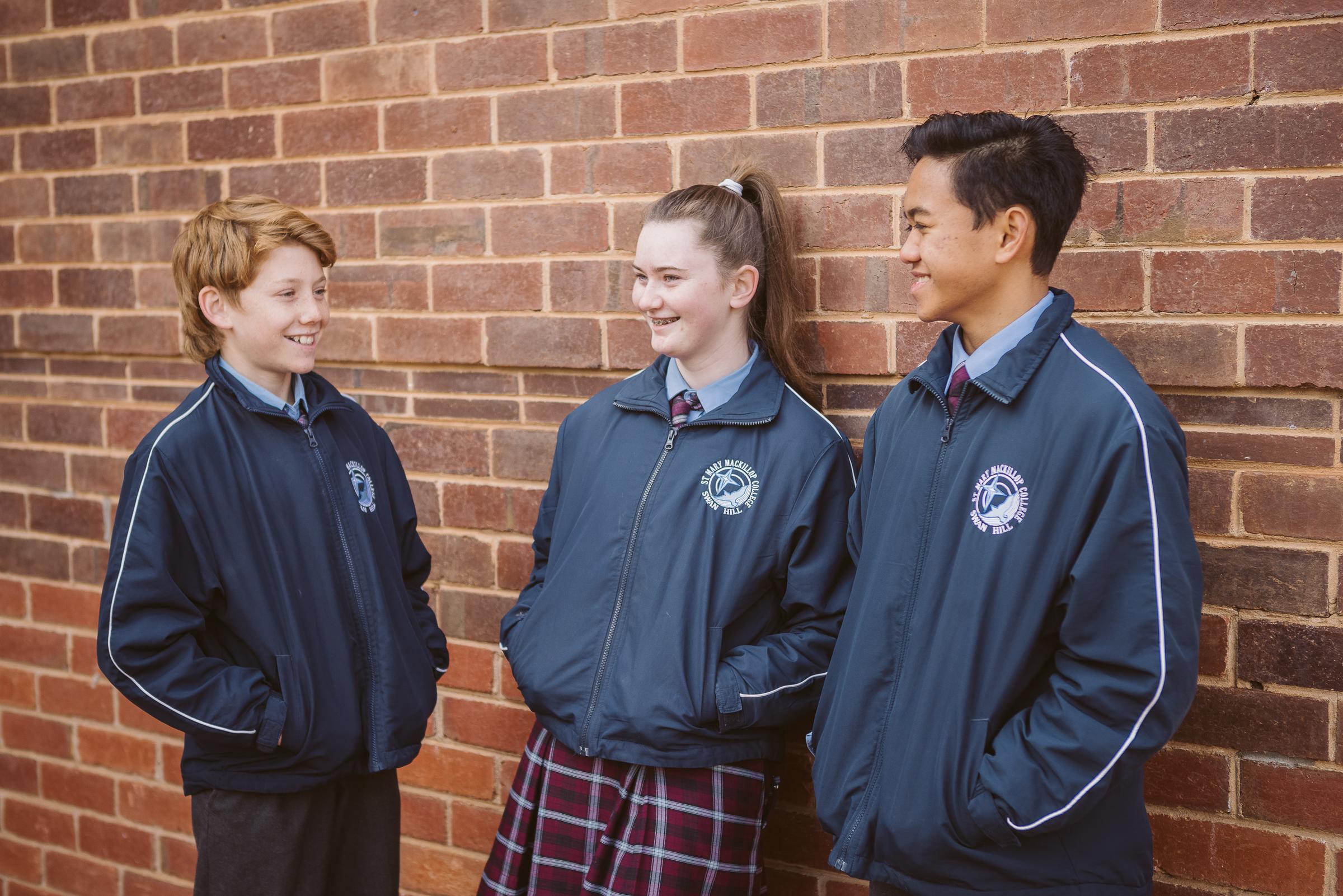ENGLISH REPORT
MR MARK LEARY - CURRICULUM LEADER ENGLISH & LITERATURE

ENGLISH REPORT
MR MARK LEARY - CURRICULUM LEADER ENGLISH & LITERATURE


Here is a summary of what students are studying this term in the English learning area.
English
Years 11 & 12: Both groups are engaged in creative response writing based on Cate Kennedy’s Like a House on Fire and Toni Jordan’s Nine Days, respectively. Their challenge is to insert a new scene or scenes into one of the stories in order to enhance the readers’ understanding of the text. Students in both year levels will complete their SACs in class during Week 6. Following this, both cohorts will begin a unit of language analysis.
Year 10: The students are currently engaged in a unit of language analysis in which they are learning to identify and explain how written, visual and oral language can influence specific audiences. This will complete their assessment task - a language analysis essay - in class in Weeks 6 & 7. This will be followed by a writing unit.
Year 9: Students are exploring how the stories of refugees can inspire empathy and hope. This is the first project the students are working on for the year. As a treat, some Year 9 students travelled to Bendigo last Friday night to see the live performance of Anh Do’s show, The Happiest Refugee - a wonderful accompaniment to their class study of the novel. As the project progresses, students will engage in newspaper article writing, blackout poetry, reflective writing and the culminating event where their work will be presented as a public display.
Year 8: The students are about to conclude the advertising unit in which they have familiarised themselves with a range of the most common persuasive techniques used in print and video ads. Their group assessment task challenge, due for submission this week, is to create an advertising campaign to promote ‘Instaclean’, a new household cleaning product. Next, the students embark on a unit dedicated to developing improved reading strategies.
Year 7: The year began with a series of short activities - ‘Words and Pictures’ (Week 1), ‘Let’s Read (week 2), ‘Storytelling’ (Week 3) and ‘Let’s Talk’ (Week 4). Once the students return from this week’s camp, they will begin a text study of Roald Dahl’s The Witches for the remainder of this term.
Literature
Years 11 & 12: Both year levels have recently commenced their Creative Response SAC on Maxine Beneba Clarke’s Foreign Soil. Clarke's anthology of short stories explores the necessity of social and political justice, giving a voice to the marginalised and disenfranchised. Students are tasked with creating their own imaginative response to one of the short stories in Clarke's anthology, exploring the style, language and key ideas of the original and justifying their response. Next up, we will compare Bram Stoker's novel Dracula to the film adaptation by Francis Ford Coppola.
English as an Additional Language or Dialect (EAL/D)
Years 7 & 8: The students who study English as an additional language or dialect (EAL/D) have three periods per cycle to consolidate their knowledge of the English language. This is in addition to their mainstream English classes. In EAL/D they receive personalised support with speaking, listening, comprehending, reading and writing. The opportunity to receive support with homework is also available at this time, in addition to the After School Homework Club.
Years 9 & 10: EAL/D students are all in mainstream classes, but they may be assessed using the EAL criteria if they are not yet able to access the Victorian Curriculum Standard in English. By using the EAL guidelines, students can see their progression in their English language learning as they move from Level CL towards Level C4 and beyond.
Year 11: The students are working towards producing a creative writing response based on Kate Grenville’s The Lieutenant. This is due in Week 6. They will also learn how to write an analytical essay on this text, before progressing to their second text, Tracks, by Robyn Davidson, in Term 2.
The students are given a listening task for homework every week. This entails listening to various audio conversations, making notes on what they hear and then answering questions about the conversation. They are learning about the differences in dialect, pace, pitch, making connotations, identifying tone and discerning mood. They will also apply this learning to their written texts.
Reading Initiatives
In order to promote the frequency of reading for pleasure, all students in Years 7 & 8 are now required to read not only at the beginning of every afternoon lesson (except for PE practical classes) but also at the start of every timetabled English lesson. Students are expected to take a reading book to every such lesson.
To further promote reading in our junior year levels, we have introduced two group reading challenges - The 14,000 Pages Challenge (Year 7) and the 3,000,000 Words Challenge (Year 8). In each case, classes attempt to collectively beat the challenge target, with prizes on offer to the winning groups and to individuals who meet certain reading levels.
Parents are encouraged to take an interest in their children’s reading habits. This can be promoted by asking what your child is reading, what they think about the book, and what they have thought or learned as a result of their reading.